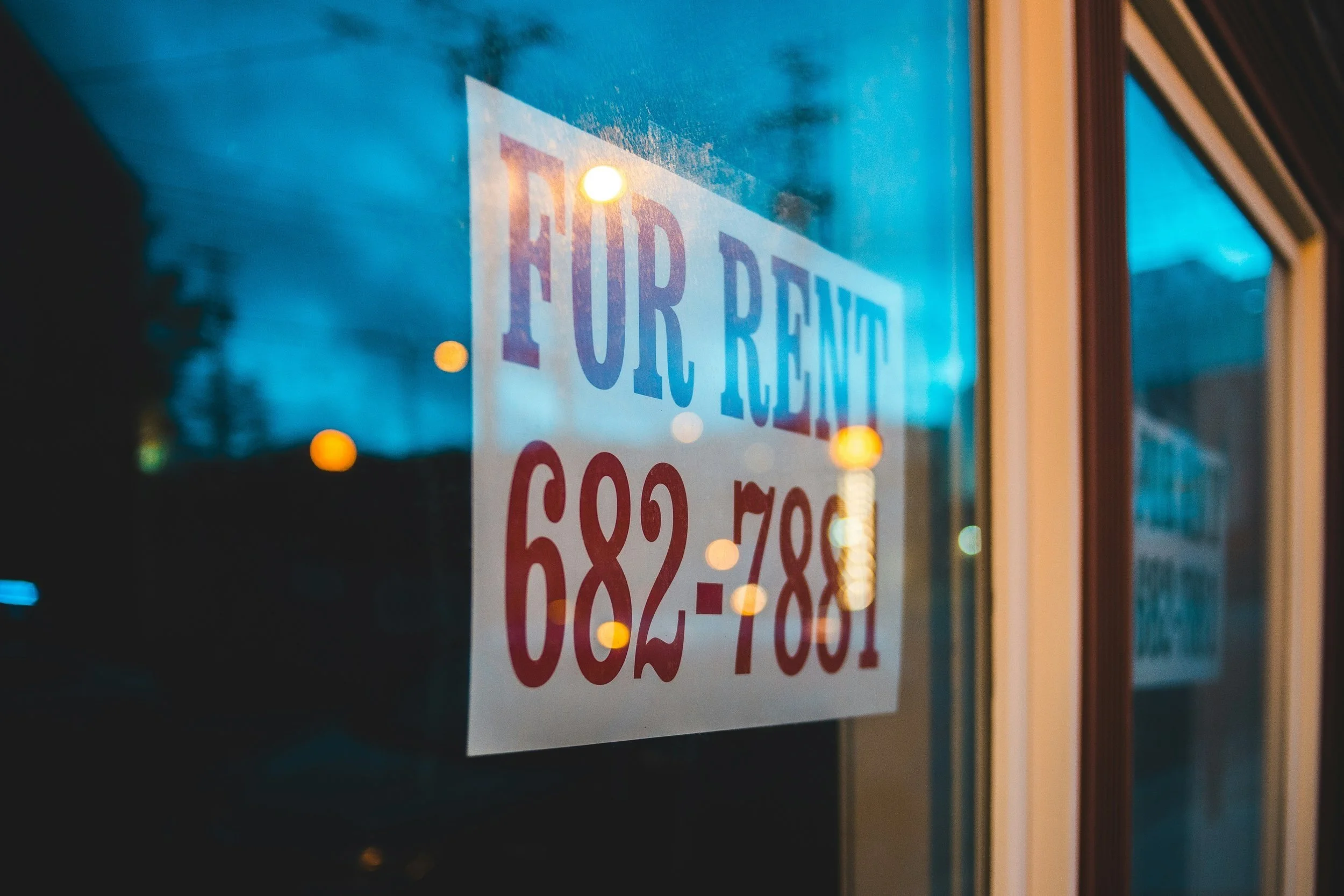For those Ontario Landlords who feel they can set and/or adjust rental rates to market conditions, GUESS AGAIN. Ontario is a heavily legislated and Rent Controlled province with some strict rules on rental pricing. I am writing the following post to try and explain a small but largely confused/misunderstood portion of the rental pricing landscape in Ontario, the 2018 Rent Control Exemption.
The Ontario 2018 Rent Control Exemption brought significant changes to the province's rental housing landscape. So, let's dive into what this exemption entails, its context, and the implications it carries for Landlords and Tenants alike.
What is the Ontario 2018 Rent Control Exemption?
The Ontario 2018 Rent Control Exemption stipulates that all new residential rental units occupied for the first time as of November 15, 2018 (or thereafter), are exempt from provincial rent control regulations [1]. This exemption means that these units are not subject to restrictions on rent increases imposed by Ontario’s rent control laws.
Context and Motivation Behind the Exemption
The implementation of the 2018 rent control exemption was motivated by several factors:
Encouraging Construction: By exempting new residential units from rent control, the government aimed to incentivize the construction of more rental housing units. The absence of rent control regulations provides developers and landlords (both large and small scale) with more flexibility in setting rental prices, which in turn stimulates investment in the rental housing market and adds much needed stock.
Addressing Housing Supply Issues: Ontario faced a shortage of rental housing units, at a time of increased demand which lead to rapidly rising rental prices. The exemption aimed to spur the development of new rental units to address the growing demand and alleviate housing supply constraints. It hoped to add incentives to drive higher density and help fill the messing middle in rental housing (for example, Secondary Dwelling Units (SDUs) in the City of Ottawa).
Economic Considerations: The government considered the economic implications of rent control on Landlords profitability and investment incentives. By exempting new units, policymakers sought to balance the interests of Landlords with the need for affordable housing options. The more properties investors build, the higher the supply and with higher supply at a time of increased demand the hope was/is these additional units would help hold down escalating prices.
According to the Canada Mortgage and Housing Corporation (CMHC), the construction of new rental housing in Canada had seen fluctuations leading up to and after the implementation of the Ontario 2018 Rent Control Exemption.
Following the implementation of the Ontario 2018 Rent Control Exemption, there was a ‘notable increase’ in new rental housing construction. The influx of investments in rental housing projects was believed to be influenced directly by the exemption from rent control regulations, providing developers with greater flexibility and potential for higher returns.
Implications for Landlords and Tenants
For Landlords:
Increased Flexibility: Landlords of new residential units have the freedom to set rental prices based on market conditions without being constrained by rent control regulations.
Potential for Higher Returns: The exemption offers Landlords the opportunity to maximize their return on investment by adjusting rental prices in response to market dynamics. However more context should be added to this as most small-scale Landlords run cash flow deficits on their rental properties. They take on the risk of being Landlords to potentially benefit from the appreciation of the property vs. any cash flow gains (a topic I plan to explore more in a future post).
For Tenants:
Potential for Higher Rental Costs: Tenants in new rental units may face higher rental costs due to the absence of rent control regulations. Without limits on rent increases, tenants may experience more significant fluctuations in rental prices.
Impact on Affordability: This is a highly contested point. Some say the exemption could exacerbate affordability challenges for Tenants, particularly in areas with high demand and limited rental housing supply, while others argue the increased supply actual helps ease the price of the overall market as it makes inroads in balancing supply and demand forces.
The Ontario 2018 Rent Control Exemption represented a significant policy change aimed at addressing housing supply issues and stimulating investment in the rental housing market. While it offers benefits in terms of increased flexibility for Landlords, it also raises concerns regarding affordability and rental cost stability for Tenants. It is a highly debated/contested policy in the current housing crisis and will certainly be discussed further at length in the coming years.
Conclusion
The Ontario rental increase exemption is often referenced and used as the proverbial ‘boogie man’ when arguing for Tenants’ rights. However, an understanding that it was designed to help balance the supply and demand issues of rental stock leads us to its true intent. Rather than advocating for its elimination perhaps there is some middle ground to be found that allows this exemption to still exist but balance its existence with protecting at risk Tenants. Two such items could include:
1) Imposing a more reasonable cap to the exemption, such as a maximum of 10% per year, which could mitigate potential abuse while still allowing for the necessary adjustments
2) Ensuring that the Residential Tenancy Agreement (aka the Provincial Standard Form of Lease) clearly indicates if the subject property being leased is exempted from traditional rent control OR not (which would help empower Tenants with knowledge of their rental rights and warn them to the potential of larger then excepted increases)
No matter what adjustments are made to the exemption, a balanced approach will help ensure all sides are protected, all parties understand their rights and ultimately foster a more stable rental housing market which is the goal of the majority of Landlords and Tenants in Ontario.
For more information on this article or anything Property Management related feel free to reach out and ask!





